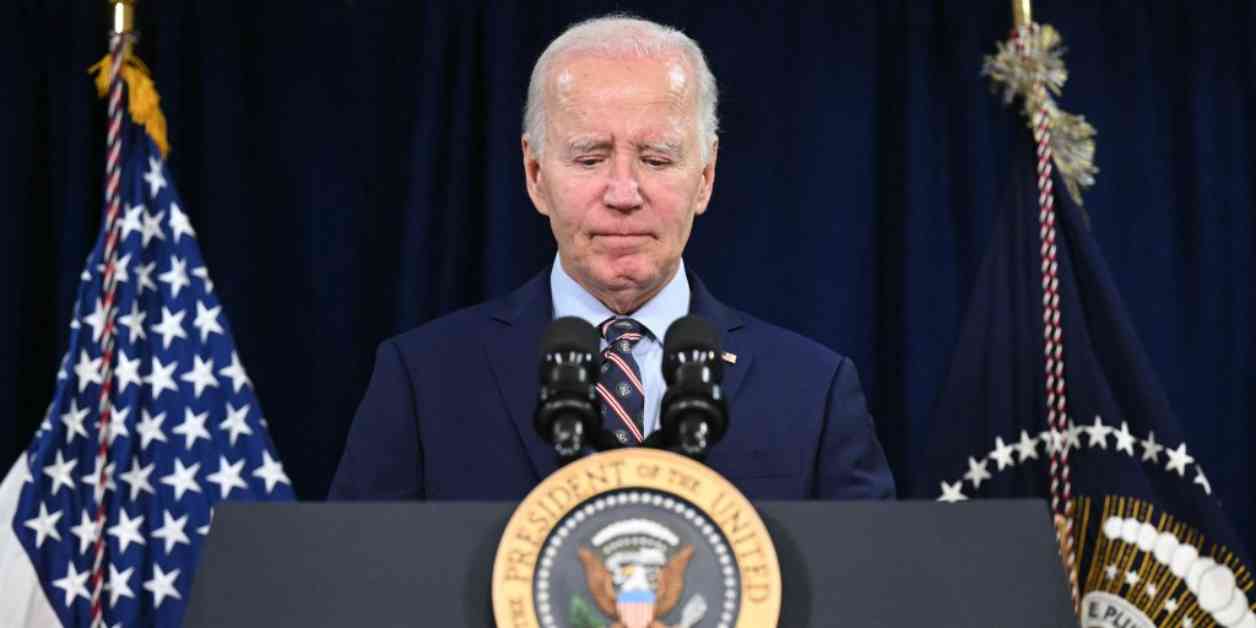Biden Pays Tribute to Former President Jimmy Carter
President Biden Mourns the Passing of a Statesman
President Joe Biden delivered a heartfelt address to the nation on Sunday night, announcing the passing of former President Jimmy Carter. Carter, who passed away at the age of 100 at his home in Plains, Georgia, had been under hospice care since February 2023. Biden, currently spending his final New Year’s as president in St. Croix, paid tribute to Carter’s legacy as a statesman and humanitarian.
A Friendship Forged in Adversity
In his address, Biden recalled his personal connection to Carter, describing him as a dear friend and a mentor. Biden, who was the first national figure to endorse Carter during his presidential campaign in 1976, praised Carter’s character, highlighting his unwavering commitment to decency and equality. The bond between the two leaders was deepened by their shared experiences with cancer, with Biden recounting how Carter’s support helped him through the loss of his son Beau to the disease in 2015.
A Legacy of Compassion and Action
Reflecting on Carter’s life and achievements, Biden emphasized the former president’s dedication to eradicating disease, promoting peace, advancing civil rights, and advocating for humanitarian causes around the world. Carter’s work, both during his presidency and after leaving office, had a profound impact on countless lives, earning him respect and admiration from people across the globe. Biden praised Carter’s moral clarity and compassion, highlighting his enduring legacy of service and dedication to making the world a better place.
An Enduring Friendship Remembered
As Biden bid farewell to Carter, he also honored the deep bond between Carter and his wife Rosalynn, who passed away in November 2023. The Bidens, who had visited the Carters in Georgia, shared fond memories of their time together, reflecting on the enduring love and partnership that defined the Carters’ relationship. Despite their passing, Biden found solace in the belief that Jimmy and Rosalynn Carter were reunited once again, leaving behind a legacy of love and service that will forever live on in the hearts of those who knew them.
As the nation mourns the loss of a beloved leader, President Biden’s tribute to Jimmy Carter serves as a poignant reminder of the enduring impact of a life lived with purpose and compassion. Carter’s legacy will continue to inspire future generations to strive for a better world, guided by the principles of decency, equality, and love for all.


